Some thoughts upon the murder of Tyre Nichols
> Sadly, infuriatingly, we now must add the name of Tyre Nichols to the long list of those who have been needlessly killed by police. Although I choose not to watch video with the kind of violence Tyre Nichols suffered, I have read detailed descriptions of the incident, and I support the public release of such videos. I feel, however, like my soul is damaged by such video – the violence is so unnatural, so inhuman, so monstrous, that I feel like witnessing it through the filter of the screen doesn’t do it justice, like watching it leaves me with all emotion and no humanity. So I choose not to watch. I don’t know if that’s right or wrong, or if there is a right or wrong on that question, but that’s what seems right for me.
> The murder of Tyre Nichols was particularly brutal. Whereas many have been shot and killed by police, Tyre Nichols was quite literally beaten to death, blow by blow, a man’s fist thrust against another’s ribs, a man’s club wielded against another’s back, a man’s boot weaponized against another’s head, over and over and over. Tyre Nichols was beaten while laying flat on the ground, and then forced into a sitting position to be beaten more, and then held in a standing position to be beaten more, and then allowed to fall to the ground to be beaten more.
> Apparently faced with hostile, aggressive behavior from the beginning of his encounter with police, Tyre Nichols faced a tragic “fight or flight” situation. Perhaps aware that “fight” could well get him killed, Nichols reacted with “flight,” and it still got him killed. It is part of the genius of evil to make it look like the victim bears some responsibility. In this situation, we must resist that narrative.
> Five police officers have been charged with second-degree murder. I don’t know what will happen in any legal proceedings, but if what happened to Tyre Nichols is not some sort of murder, then there is something seriously wrong with our laws. It is, at least, a good thing that the police officers are being held accountable for their actions, as that has rarely been the case through our nation’s history. It is also a good thing that Patrick Yoes, the national president of the Fraternal Order of Police, condemned the alleged actions of the Memphis officers. The actions of these police officers were so extreme it would be morally repugnant, or perhaps delusional, to do anything other than condemn them.
> Although Tyre Nichols was Black, and all five police officers who killed him are Black, that doesn’t mean that racism is not part of the story here. Studies show that Black police officers often carry bias against young Black men, just as do white police officers. That’s because racism does not just involve prejudice, but also power. And policing also involves power. And when power and prejudice/bias are combined, the result is systemic racism. This incident reveals just how real systemic racism is.
> It doesn’t take any great moral or pastoral courage to condemn the brutality of these police officers. Again, to do otherwise would be morally repugnant or delusional, by any humane standard. It seems to me this is an important time not to be satisfied with indignation and condemnation, but also to engage in individual self-reflection. Have I, through what I have done, or what I have left undone, sustained a culture of immunity around police violence? Have I assumed that police are always in the right? Have I assumed that young Black men are almost surely in the wrong? Is there any way I sustain a culture of violence by hiding myself in an ostensibly “safe” community? Have I, with my vote, resisted efforts at police reform, or the funding of such efforts? Have I accepted the narrative that “Black lives matter,” and “Blue lives matter,” cannot both be true? Have I condemned the violence of police as much as the violence of those who protest police violence? Have I accepted the narrative that a show of force, a threat of violence, is the only thing that can keep “some communities” in line? Have I accepted the narrative that violence is necessary for social order? Can I see the full, autonomous, humanity of others? Have I loved my neighbor as myself? Have I loved my enemy?
> Is there any hope? Yes. But our hope is not that God will snap God’s fingers and make bad things go away. Our hope is not that Jesus, like a superhero, will come and single-handedly wipe out the wicked and save the day. God is not a magician, and Jesus is not a superhero. We have an integral role in this. Our hope comes from the fact that through the death and resurrection of Jesus God has shown us that any sacrifice we make for the sake of true peace leads through loss to life. As darkness cannot be overcome with darkness, violence cannot be overcome with violence. Until followers of Jesus Christ let the same mind be in us as was in him, then others are never going to know there is an alternative to violence. Our hope, therefore, is based on the conviction that God is not done with us yet, but is always working to move us through the cross to the resurrection, through death to life, through violence to true peace.


